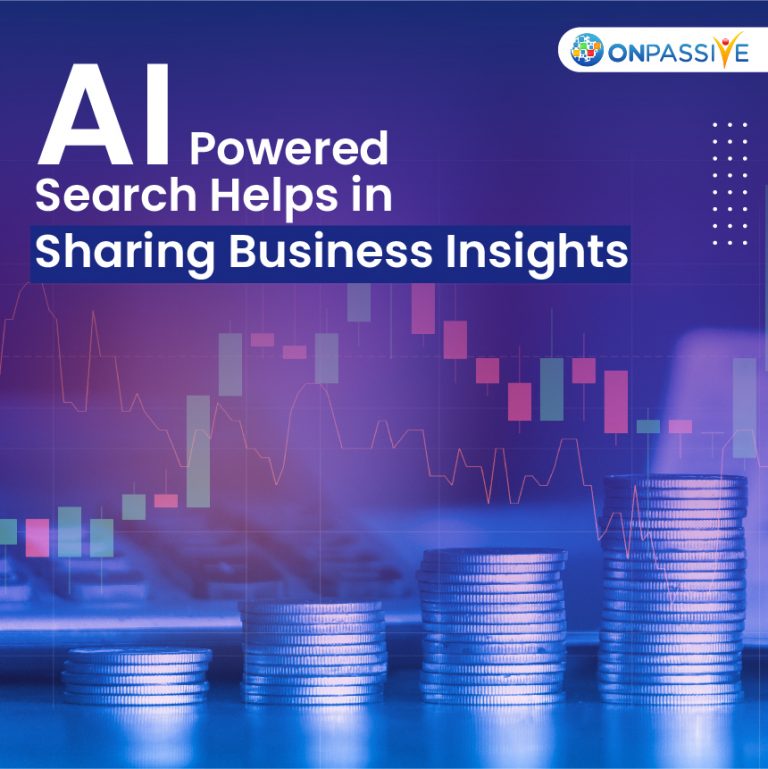
Almost every business is already utilising AI’s ability to achieve previously unattainable goals. The introduction of artificial intelligence (AI) has drastically changed the way companies and organisations connect with their customers. Market researchers may now evaluate millions of comments, both written and spoken, using artificial intelligence to gain a more sophisticated insight into their clients’ views and requirements.
This article discusses how artificial intelligence (AI) is influencing market research in the age of information and how marketers may take advantage of it.
Industries using AI Market Research
Artificial Intelligence, among the most awaited disruptive technologies of the digital era, has become industry neutral, as predicted. Even industries that are unrelated to one another have been profoundly transformed by AI. Artificial intelligence is reshaping the following industries:
Academia:
Artificial intelligence is increasingly being used in the education business to automate administrative activities and make academics’ and organisations’ jobs easier. Furthermore, AI aids in the digitization of textbooks and the creation of configurable digital learning interfaces for students of all ages and grades. This allows the education industry to better comprehend and respond to student attitudes.
If you are looking for an AI-Based E-Learning Platform, O-Cademy by ONPASSIVE is an idle tool. O-Cademy makes learning a journey to self-discovery. Learn and earn new skills by reinventing yourself.
Retail:
In today’s world, AI is referred to as “Retail’s Superpower.” To be honest, retail is one of the few businesses that has seen the potential of AI in forecasting, customer experience optimization, inventory management, and other areas. The value of AI in the retail business is expected to expand at a CAGR of about 40% between 2018 and 2024, according to statistics (GM Insights).
Agriculture:
Artificial intelligence is an emerging technology in agriculture that is bringing the agricultural system to a new level. AI has increased crop production, harvest, real-time monitoring, preparation, and marketing, among other things. Farmers can, for example, use computer vision and cutting-edge AI algorithms to automatically detect which crops are ripe and ready to harvest, which enhances their overall efficiency.
Mining:
As the mining industry looks for more effective and efficient operations, such as autonomous mining, machine learning and AI algorithms are being implemented at various stages. As per Mckinsey, autonomous mining, which includes data analysis and emerging technology such as AI, could save mineral raw material companies between $290 billion and $390 billion annually by 2035.
Market Research:
Artificial intelligence has wreaked havoc on practically every facet of market research. As per a Qualtrics poll, 96 per cent of market researchers believe AI will be the industry’s next game-changer in the next decade. Greater efficiency of business processes, IOT-powered real-time insights, computer vision, pattern recognition, conversational AI chatbots, and other upcoming AI uses in market research are just a few examples.
Advantage of AI Market Research
For the following reasons, artificial intelligence has proved invaluable to market researchers:
Efficiency:
In a variety of ways, AI-powered market research outperforms traditional market research. Companies target the correct audience, offer results in near real-time, and instantly classify and extract crucial insights from texts using AI-driven market research tools – all within hours or days at the most.
Effectiveness:
As per studies, survey design and data quality are inextricably linked. Market researchers may now create interactive surveys using AI-based market research. Live surveys can also be tailored to the responses of the participants. When compared to standard static surveys, dynamic surveys are far more successful.
Enhancement:
Traditional market research methodologies can be deemed enhanced by AI-based market research. With real-time findings, insight discovery has become faster than ever before. Furthermore, AI-generated outcomes are more accurate and free of human biases and errors.
AI-driven market research uses in practice
- In-the-field case studies of AI-driven market research
- Text analysis with an open-ended question
- Efforts to provide customer service should be streamlined.
- Various techniques to cater to various types of audiences
- Improve the efficiency of observational research
- Convert operational data into data about your experiences.
- Errors and biases caused by humans must be minimised.
- The forecasting demand and pricing approach should be improved.
Conclusion
To sum up, by making market research reports, competitive, industry, market share, financial analysis, and market projection analyses searchable, an AI startup is combining machine learning, Natural Language Processing (NLP), and Search to help organisations find and get more value out of the many reports, competitive, industry, market share, financial analysis, and market projection analyses they have. Contact Us to switch to the modern way of learning.



Sariya Sultana
3 years ago